Tag
#StoreDot
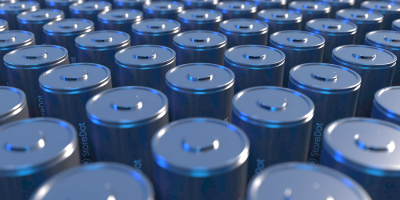
StoreDot wins Kumyang as partner for battery production
10.03.2025
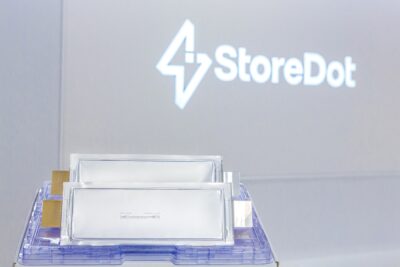
StoreDot plans to build its XFC batteries with a partner in South Korea
19.02.2025
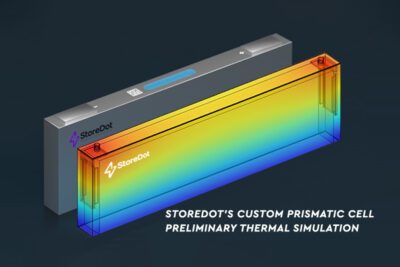
StoreDot announces progress with prismatic XFC battery cells
11.09.2024
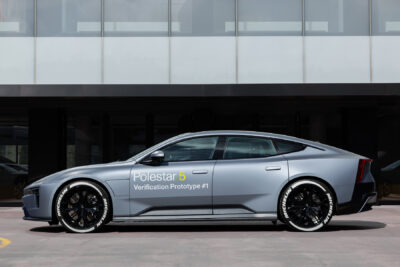
Polestar 5 with StoreDot cells charges to 80 per cent in ten minutes
30.04.2024
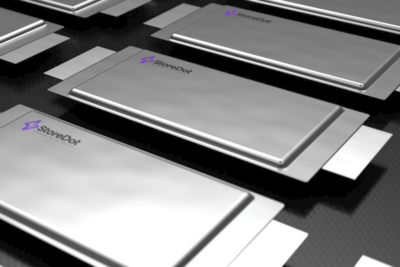
StoreDot achieves 2,000 fast-charging cycles with XFC cells
04.04.2024
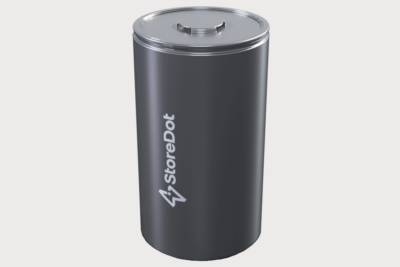
StoreDot opens new US HQ in California
25.03.2024
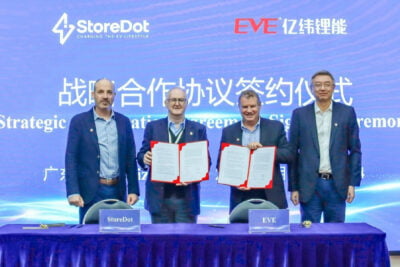
StoreDot and Eve Energy sign production agreement
11.03.2024

StoreDot achieves 1,100 cycles with “100in4” battery cells
13.02.2024

StoreDot transfers its XFC battery technology to prismatic cells
31.01.2024
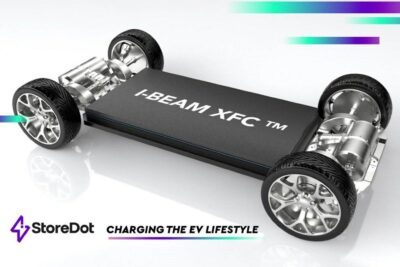
StoreDot wants to install fast-charging cells directly in battery packs
17.01.2024
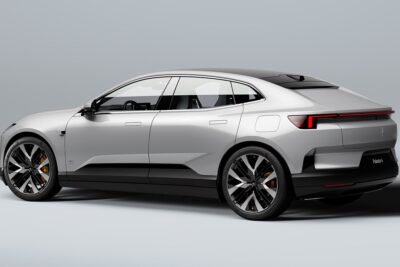
Polestar 4 will also be built in South Korea
10.11.2023
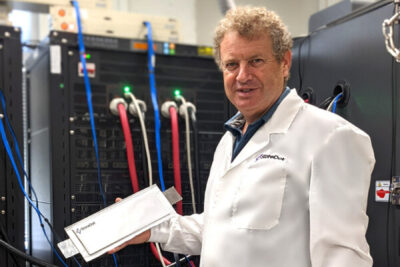
StoreDot sees no additional cell ageing after fast-charging
31.10.2023

StoreDot & Flex-N-Gate announce cooperation
04.10.2023
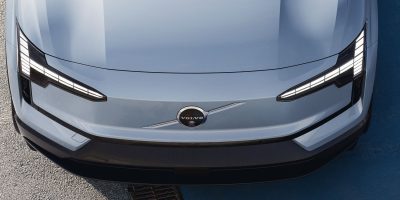
Volvo has its eyes on StoreDot’s XFC cells
29.09.2023
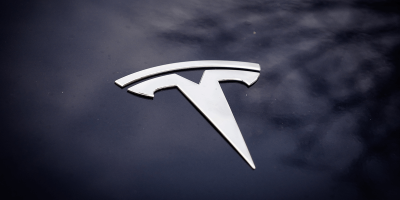
Will Tesla use LMFP cells from CATL in the Model 3?
30.06.2023

StoreDot’s battery cells to be manufactured on three continents
03.05.2023
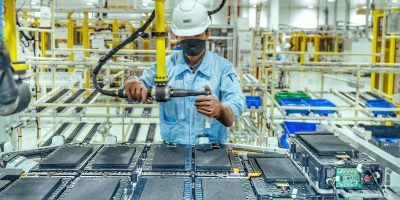
StoreDot licenses XFC battery to VinES
24.04.2023

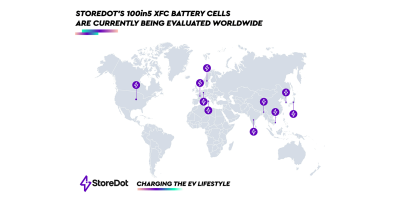
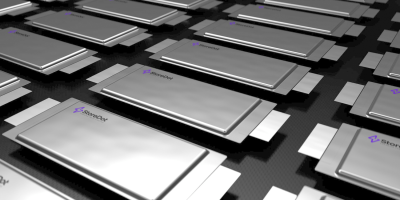
Last commented